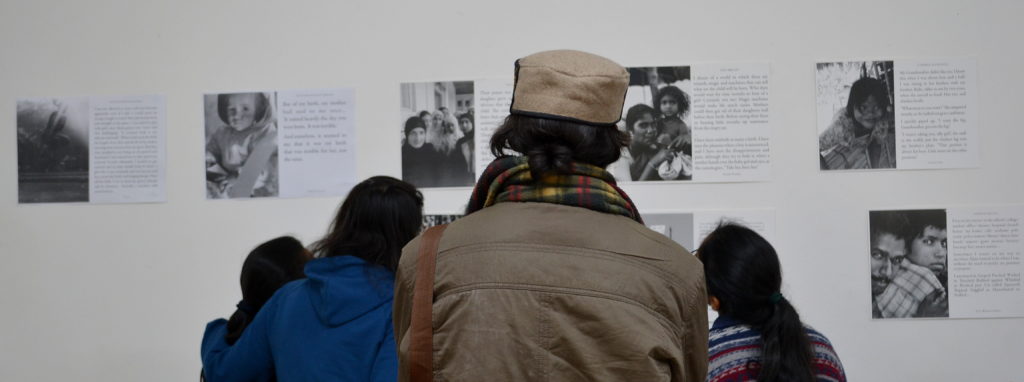
Book Café Toolkit

The Book Café Toolkit is an assemblage of tools to read, learn, listen, write, perform, and compose with a view to cultivate an ethos of friendship, hope, mutuality, inclusivity and fraternity.
Pedagogical Tools from WISCOMP’s Archives!
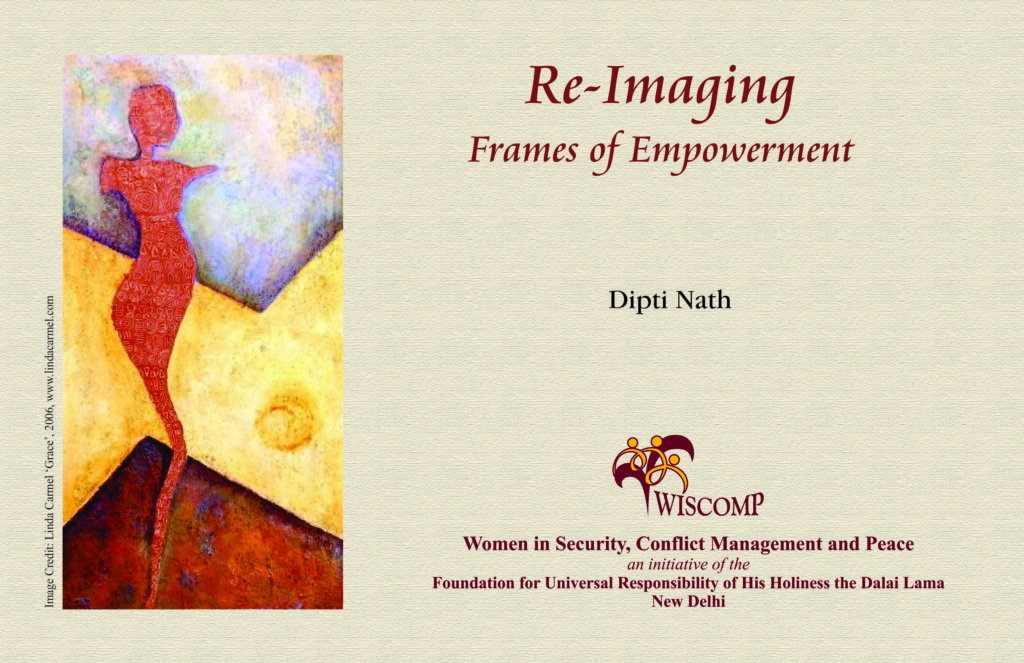
Re-Imaging Frames of Empowerment
Changing Contours of Gender Equality in the Visual Media in India
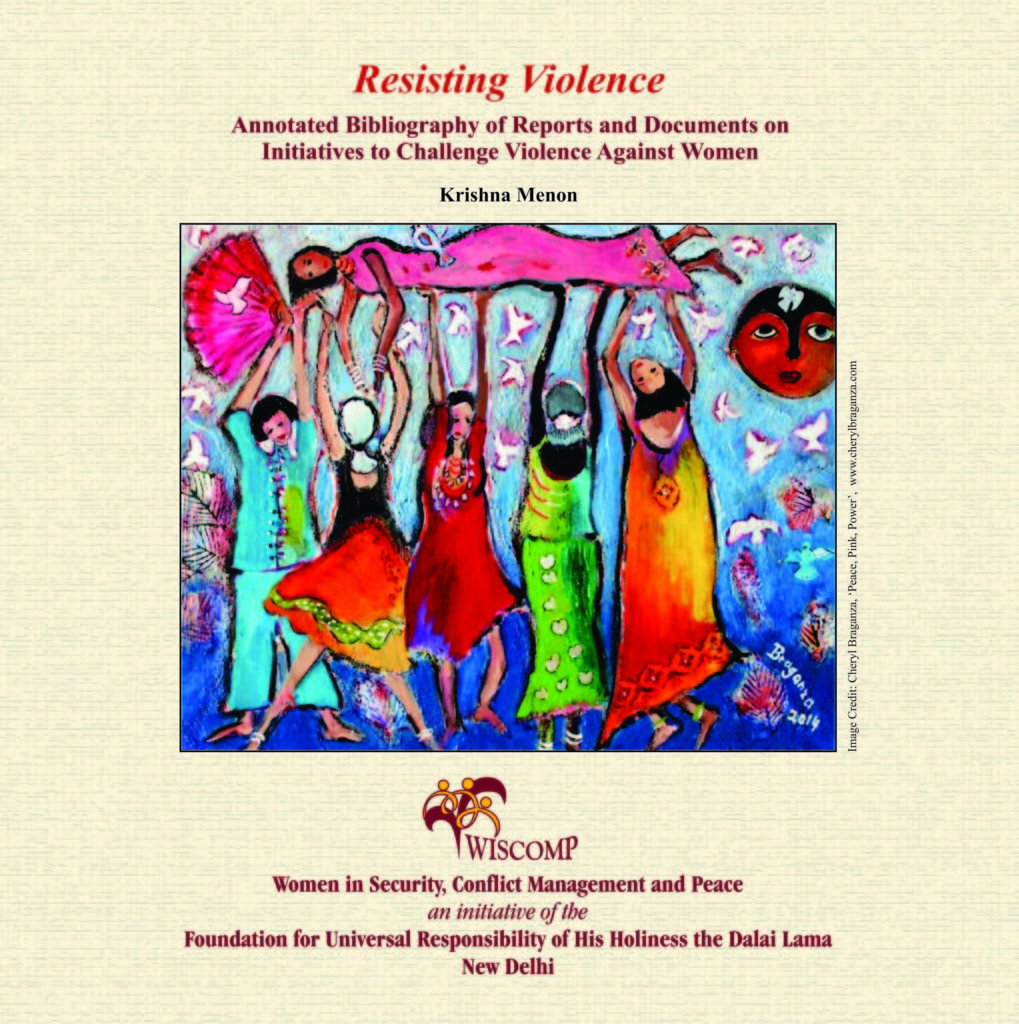
Annotated Bibliography of Reports and Documents on Initiatives to Challenge Violence Against Women
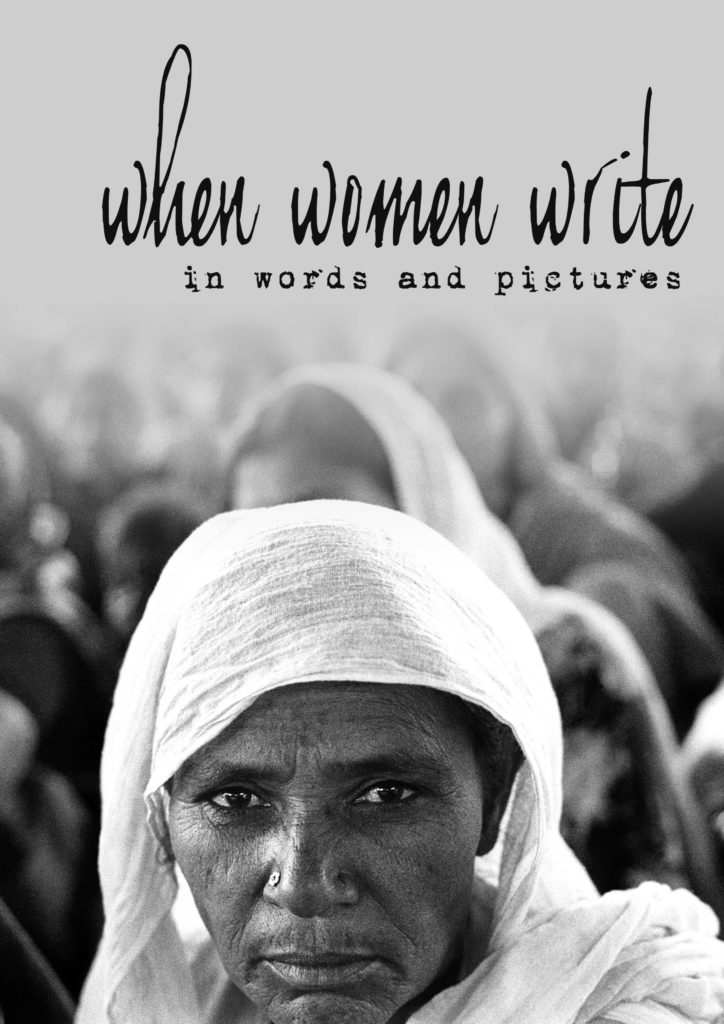
When Women Write… In Words and Pictures
A rich collection of eloquent and riveting images to foreground the message of ending gender-based violence
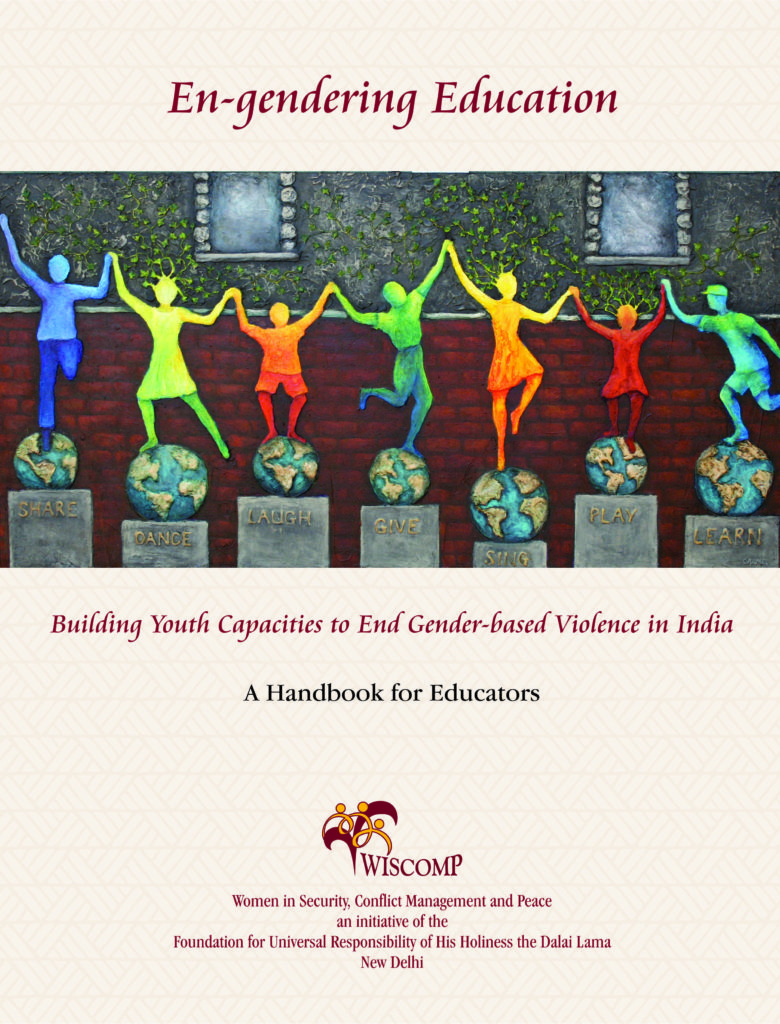
Building Youth Capacities to End Gender-based Violence in India: A Handbook for Educators A Handbook for Educators
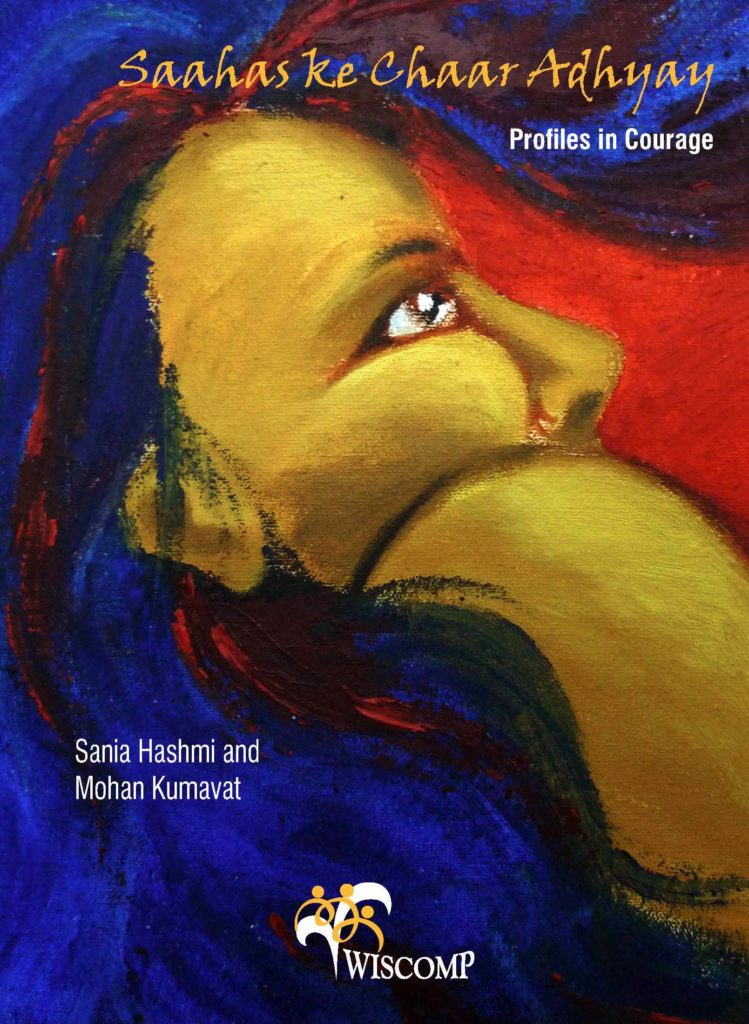
Saahas ke Chaar Adhyay (Profiles in Courage)
A deeply moving film honoring ‘heroes of courage’ who took action to counter Gender-Based Violence in India
‘Why Most Women Do Not Report Sexual Harassment in the Workplace: A Reading List‘, A Post by EPW Engage (2019)
EPW Engage shares insights on overt and structural challenges faced by ICCs (Internal Complains Committees) from various research articles its archives . To access the post, click here.
Mary E John writes on ‘The Woman Question: Reflections on Feminism and Marxism‘ (2017)
Abstract:
The entwined and conflicted histories of feminism and Marxism could yield new understandings of the problems besetting the women’s movement in 21st century India, particularly issues concerning sex work, and caste. Spanning the socialist feminists of early 19th century Europe, Marx’s own writings on the “woman question,” and the scholarship that emerges from the 1960s and 1970s, this paper suggests that recent post-Marxist work can offer a fruitful site for pushing the boundaries of feminist approaches to capitalist development in India today.
To access the article, click here
‘Feminism at Work‘, by Amy S. Wharton (2000)
Abstract:
This article examines the contributions of feminist scholarship to the study of work, occupations, and organizations. Three themes in the literature are explored: (1) characteristics of housework and so-called women’s work more generally; (2) economic inequality between men and women; and (3) structural and institutional bases of gender in the workplace. Feminist activists have shaped the direction of feminist scholarship on these themes, and this scholarship in turn has influenced feminist activists’ strategies and orientations. The article concludes with a discussion of future challenges for feminist research on work.
To access the article, click here
SAKSHAM: Measures for Ensuring the Safety of Women and Programmes for Gender Sensitization on Campuses (2013)
Recommendations on engendering campuses by the Task Force set up by the University Grants Commission, Ministry of Human Resource Development, Government of India
To access the report, click here
SAMAAGATI: Breaking Barriers, Reclaiming Spaces (2015)
A Report of the Committee on Gender Justice on campuses, mandated by the Kerala State Higher Education Council (KSHEC)
To access the report, click hereS
The Urgency of Intersectionality: Kimberle Crenshaw
What is Intersectionality: Vitamin Stree
